Documentary screenings dig into heavy topics
As the lights are dimmed inside of Varnado Hall’s ballroom, audience members relax into their seats and prepare for the conversations this documentary screening will spark.
As the lights are dimmed inside of Varnado Hall’s ballroom, audience members relax into their seats and prepare for the conversations this documentary screening will spark.
On March 7, 2022 Melody Gilbert, independent filmmaker and professor in the Department of New Media Journalism and Communication Arts, in collaboration with The History We Stand On series organized by the Ethnic Studies and the Center for Diversity and Inclusion screened “Stories I Didn’t Know.” As well as “Welcome to Chechnya,” a film produced by one of Gilbert’s former students.
“Stories I Didn’t Know” follows the story of Rita, who is proud of her Irish heritage, as she finds the truth behind the land her ancestors owned. This documentary opens conversations on what it means to navigate our ancestry and the dark history that may be behind it.
At the end of the film, audience members were given the chance to ask questions to Rita Davern, Ramona Kitto Stately and Reuben Kitto Stately.
One of the questions asked came from the coordinator of the Center for Diversity and Inclusion, Brittany Blackwell Broussard, regarding coping with racial battle fatigue.
“Everyone has to do their part. I remind myself that I am doing my part that is within my control, because if I try to do so many things at once you can get caught in a web,” Stately said.
Stately also responded to this question with sincere advice.
“Don’t give your beautiful energy away. Always remember to keep your power,” Stately said.
Ayana Jones, senior psychology major, expressed how impactful the screenings were.
“I think it’s amazing that professor Gilbert was able to work with these people and bring their story about heritage to life,” Jones said. “It was really nice to see both sides of the same story be told by the people who have been affected by the history of their ancestors.”
The next film screened, “Welcome to Chechnya,” took viewers through the excruciating reality of Russia’s persecution against members of the LGBTQ+ community that happened in 2017.
The film introduces viewers to various people living in safe houses and fleeing to other countries for asylum. As well as footage added showing the violent attacks against members of the LGBTQ+ community.
The producer of the film, Igor Myakotin, answered questions to the audience regarding the experience of filming.
Due to the nature of the film, the faces of refugees were disguised to keep their identities protected.
Myakotin explained that the characters’ faces were actually those of real LGBTQ+ activists in New York who offered their faces in order for the film to be produced. With the help of a man from Los Angeles, they combined the acting of the activist with the technology the software provided and digitalized the casts’ identities.
“We filmed those actors mimicking the movements of the character’s face in the film with different lightings,” Myakotin said. “We would capture these movements using nine cameras facing nine different angles. Then the software would find the same patterns of the movement in the film and attach the faces of the actors onto the people of the film.”
Myakotin, along with the rest of the team, wanted to capture the feeling of human emotion the refugees’ facial expressions provided. When they found that software, they were able to portray the impact these events had on them while keeping them safe.
For Anna Duplantis, junior communications major, these particular screenings opene up the conversation of issues that were hard to digest.
“This screening hit a lot of personal notes for me,” Duplantis said.
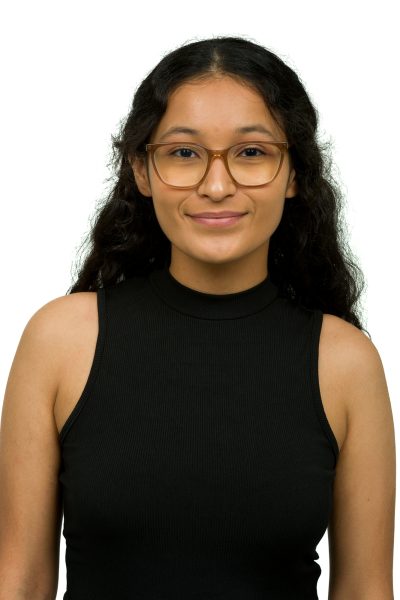
Lia Portillo Cantarero is a junior communication major. This is her third year in The Current Sauce and as Editor-in-Chief she hopes to raise awareness...

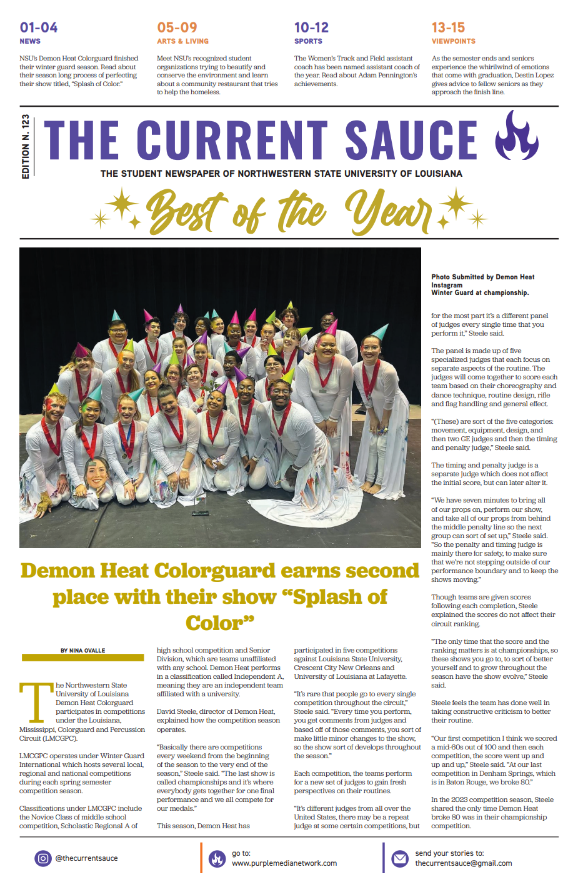
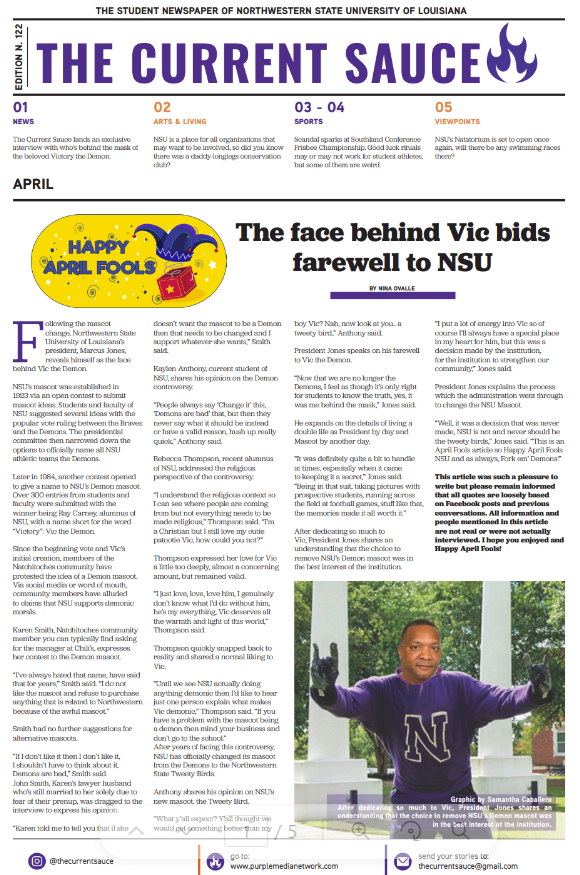
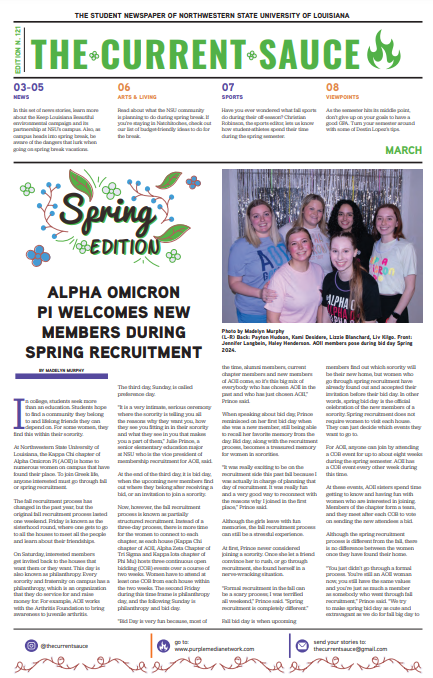
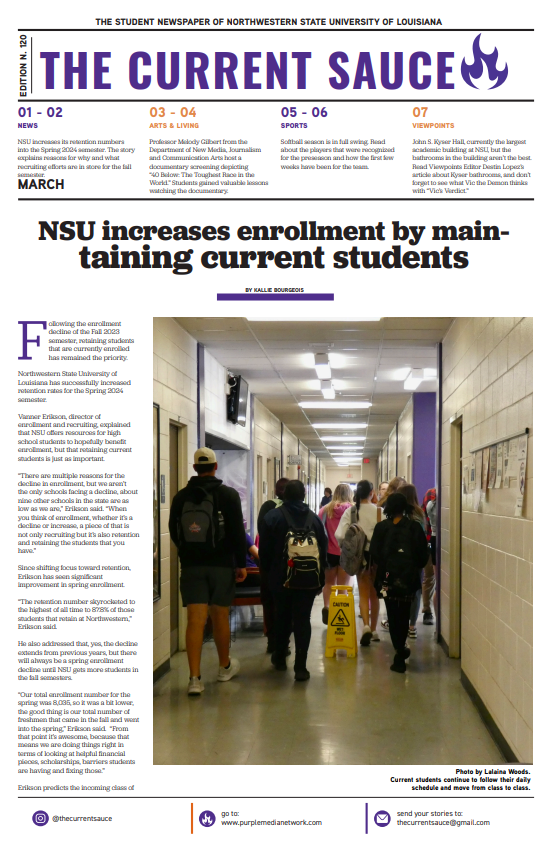
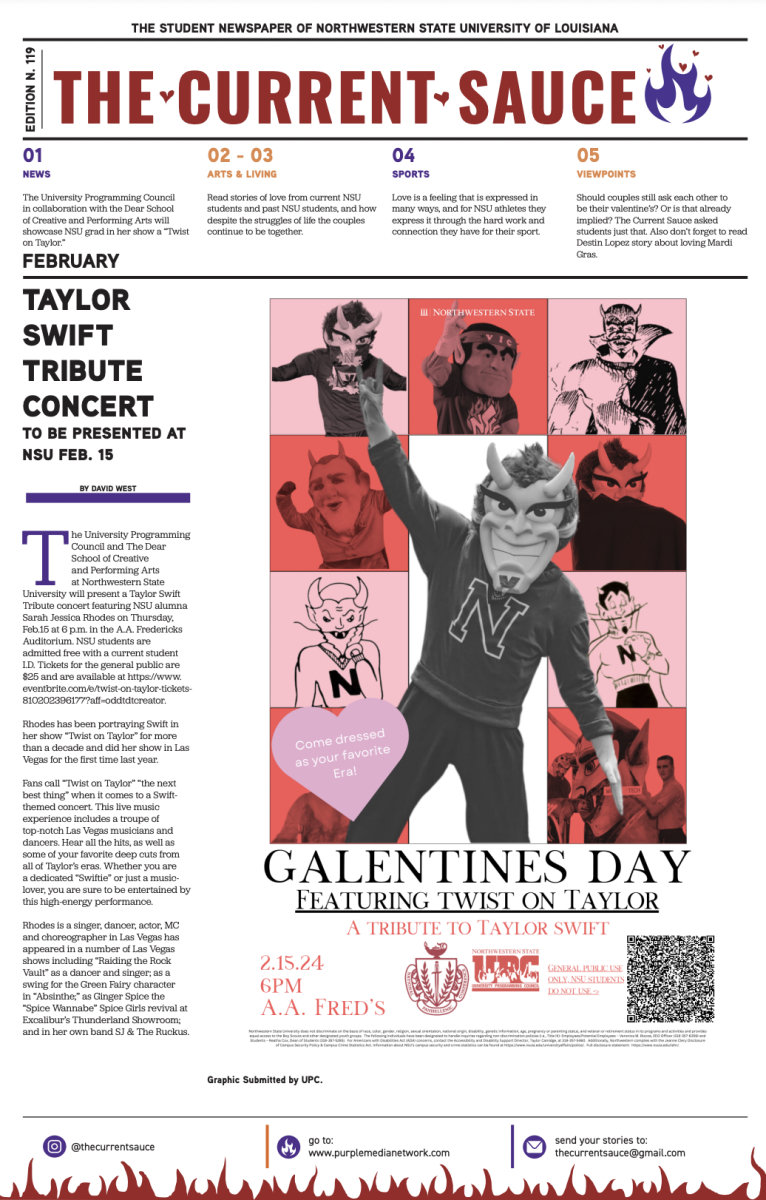















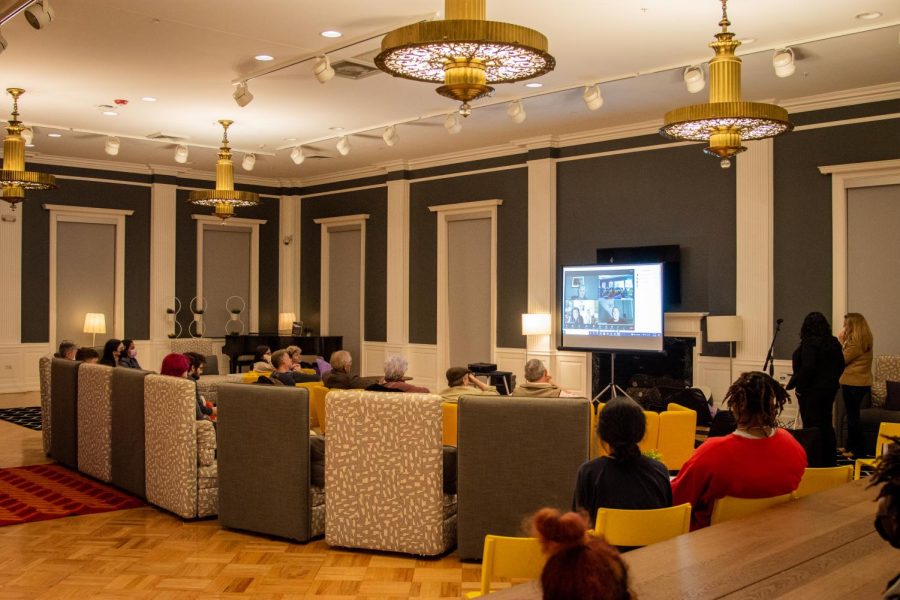
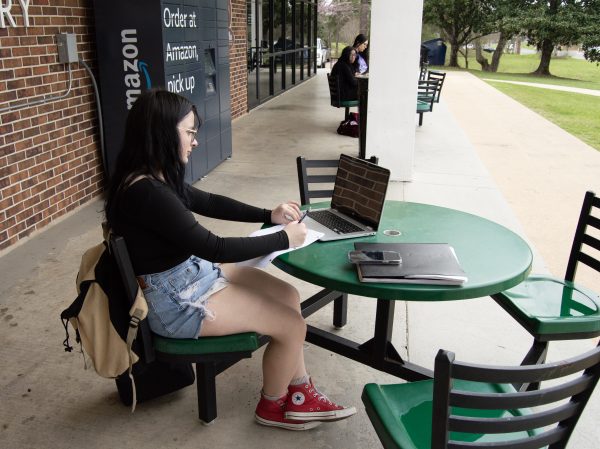
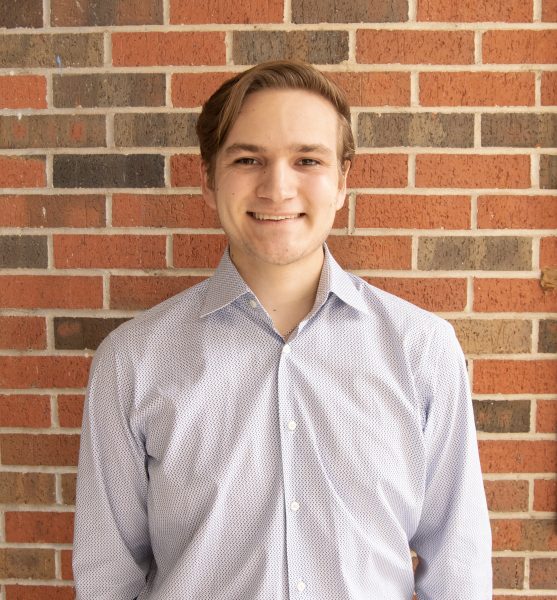

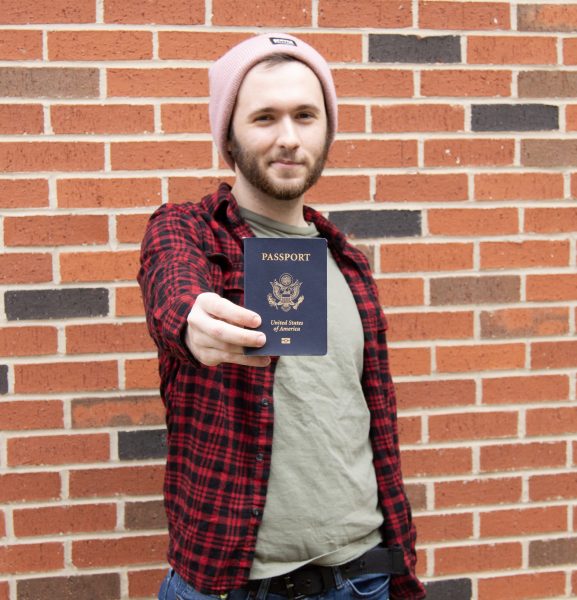
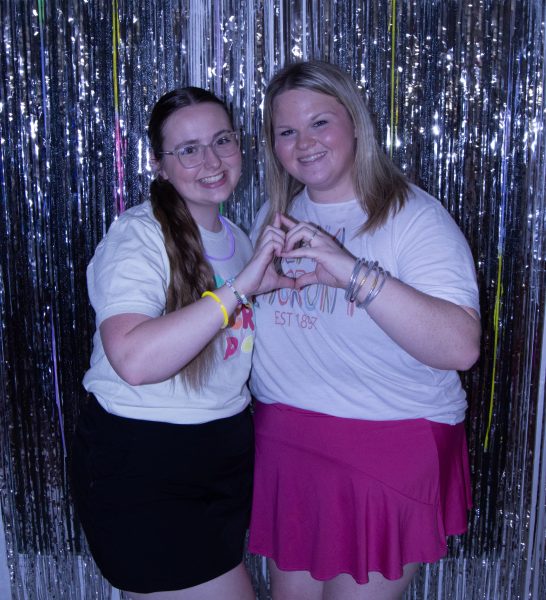
Melody • Mar 14, 2022 at 7:53 pm
Very nice article that captures the feeling of being at these monthly documentary screenings! Good work, Lia 🙂